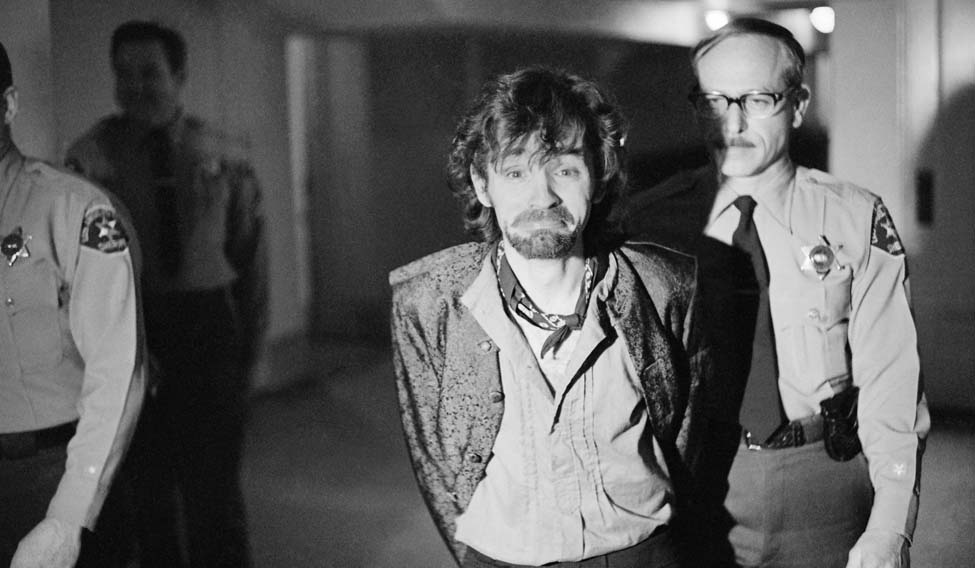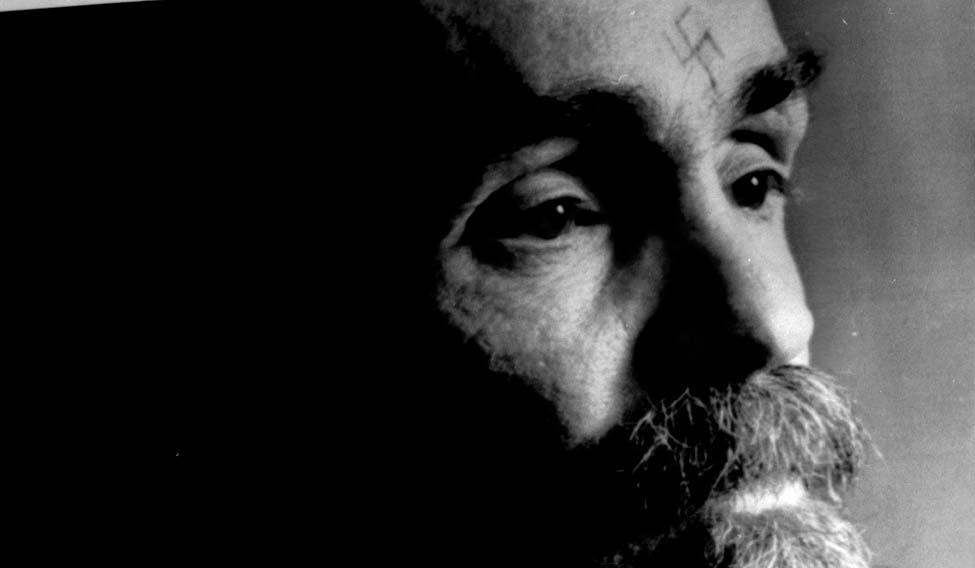The year was 1969 (incidentally, one year after the release of The Beatle's avant garde White Album, songs which they wrote while they were undergoing a Transcendental Meditation course under Maharishi Mahesh Yogi in India's Rishikesh). Upscale Los Angeles had woken up to the news of gruesome murder of Sharon Tate, director Roman Polanski's wife who was eight and half months pregnant, and three hapless guests who were at Tate's residence at the time. The murderers scribbled the word 'Pig' with the victim's blood in the front door of the villa. More interesting was another inscription, 'Helter Skelter', on the fridge inside the home.
Later, the incident came to trial and the accused was none other than the infamous Charles Manson 'family' and his followers. Manson, a hipster with a cult following who later turned psychopath harbouring dangerous ideas of race wars, had a twisted fixation with The Beatles' songs. The lyrics spoke to him, he claimed in court, claiming that the lyrics carried subliminal messages. The word 'Helter Skelter', for instance, was a song that was written by Paul McCartney while he was in Rishikesh, and released as a part of the White Album. Manson passed away on Monday.
ALSO READ: Who was Charles Manson?
When I get to the bottom I go back to the top of the slide
Where I stop and I turn and I go for a ride
Till I get to the bottom and I see you again
Yeah yeah yeah hey—Helter Skelter, The Beatles
 Charles Manson | AP
Charles Manson | AP
Manson twisted the lyrics of the song, tying it to the Four Horsemen, the Apocalypse, and the Book of Revelation, and ran with it. Was the song lyric, in any way, tied to ideologies of racial superiority? No. It was originally meant to have straightforward connotations, representing a ride in an amusement park. At best, it could have deeper meanings, related to the ups and downs of the rocky romantic relationship that Paul McCartney was in at that time. But the word Helter Skelter became the name of the race war that Manson wanted to ignite, and thus began his mission to go on murder sprees in rich white neighbourhoods, hoping to pin the blame on African American communities.
The Beatles themselves renounced the horrific interpretations to their songs. "It was upsetting to be associated with something so sleazy as Charles Manson," George Harrison said in The Beatles Anthology. The Manson crowd was also one of the proponents of the 'Paul is Dead' conspiracy theory, which claimed that the Beatles songwriter Paul McCartney actually passed away in 1966 (before the White Album was released) and that he was replaced by a look alike.
But the most overlooked aspect of Manson remains his musical credentials. Reportedly, he learned to play the guitar while in prison and busked for a few years. Was he a musician? Yes. Was he a good one? Debatable. But his horrific past has not stopped other musicians from referring to his works in their own songs. Take, for instance, Beach Boys's Never Learn to Love, a song which was largely similar to Manson's Cease to Exist, and which went uncredited at the time. While bands like the Nine Inch Nails (whose lead singer Trent Reznor moved into the house where Tate's murder took place) reportedly attempted to use imagery related to Manson in their album Broken (the song in question was later unreleased), musicians like rocker Marilyn Manson were more straightforward in their admiration of the man—he named himself after the Manson crime family.
The Beatles, as Paul McCartney and George Harrison testified numerous times in their anthology, wanted nothing to do with Manson. Was the popularity of these psychopathic and apocalyptic interpretations of their lyrics, one of the reasons why the Fab Four broke up in 1970? That question lingers in the ether.





